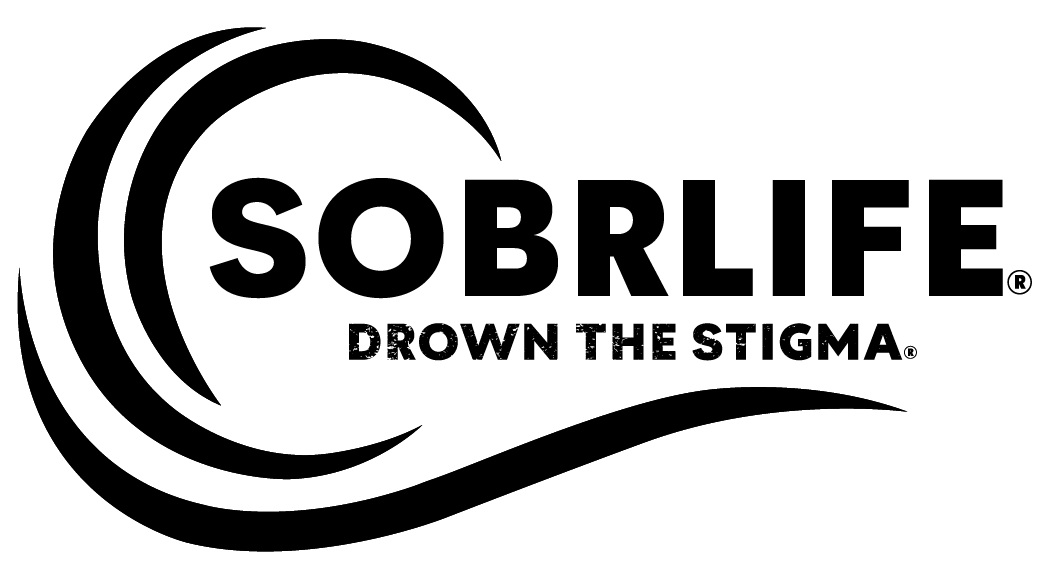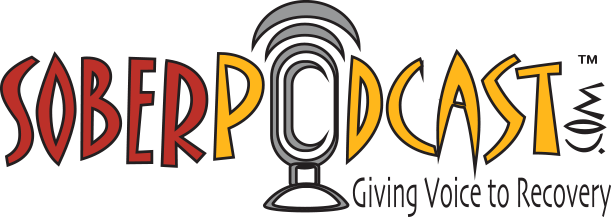
ABOUT FAITH-BASED RECOVERY
Faith-based recovery is about the recovery process within a spiritual foundation. This is a complicated topic as each faith has its own way of understanding and dealing with addiction issues. In this piece, the focus is on:
- Christianity
- Judaism
- Islam
This is not to suggest other faiths don’t have an approach and it is possible they will garner some attention here at a later date. First, it’s helpful, to begin with a basic definition of the notion of ‘spirituality’
First, it’s helpful, to begin with, a basic definition of the notion of ‘spirituality’.
“Spirituality is defined as an openness to God, nature or the universe where one can experience harmony with truth, feelings of love, hope and compassion, inspiration or enlightenment with a sense of meaning and purpose in life, an individual’s connection with God or the Transcendent. On the other hand, religion is viewed as the corporate expression of that connection, where one mediates their relationship to God and the community through an organized system of beliefs and practices (Burnett 2014, pp. 28–29).”
As of 2018, almost 100,000 Americans were still dying of alcohol-related causes. Even with all of the education the American government has invested in, alcoholism continues to be a prevalent disease among far too many Americans. Some people find a way through to long-term sobriety through standard treatment and support groups such as AA.
However, many people are increasingly turning to faith-based support and solutions. Hundreds of evidence-based studies demonstrate the positive impact of faith on health and well-being (e.g., Duke University n.d.; Koenig 2005, 2008, 2011, 2018; George et al. 2002; Johnson et al. 2002; Koenig et al. 2012; Rew and Wong 2006; Schoenthaler et al. 2018; VanderWeele 2017; Zemore 2008)…”

CHRISTIAN BASED ADDICTION RECOVERY
It is entirely possible that a person of the Christian faith may feel a sense of shame around their addiction. After all, the New Testament is rife with quotes about the fact that giving into alcohol or other types of substances is a sin. Galatians 5:19–21: "The acts of the sinful nature are obvious: ... drunkenness, orgies, and the like. I warn you, as I did before, that those who live like this will not inherit the kingdom of God." Ephesians 5:18: "Do not get drunk on wine, which leads to debauchery.”
Christian-based recovery tends to take a holistic view in that it incorporates ideas from both medical science and the person’s faith. “A faith-based approach to treatment typically provides a Christ-centered approach and additional programs as separate treatment tracks. Faith-based therapy and treatment modalities are used to enhance medical and evidence-based therapeutic interventions for substance use disorders.”
Some of the strategies/tools are:
- Bible study
- Daily prayer
- Meeting with one’s pastor or chaplain
- Meditation
- Meeting with a counselor or therapist
“Faith-based treatment methods typically center around and incorporate teachings from The Life Recovery Bible. The Life Recovery Bible is based on a 12-step model. Along with the scriptures, the Life Recovery Bible includes 12-step devotionals and serenity prayer devotionals.”
JUDAISM AND ADDICTION RECOVERY
“Rabbi Nachman teaches that the way to rectify our cravings is to bring our knowledge of God into our hearts. Our goal is to create constant awareness of God. This spiritual awareness is incompatible with addictive thinking and behavior. .. The key to recovery, prevention, and self-mastery is to develop a strong set of healthy responses to stress and to those situations that trigger craving as well as addictive thinking and behavior. One role of the pastoral caregiver is to teach the recovering person how to respond to people, situations, and stress in a spiritually directed way.”
While AA is open to people of all faiths, some Jewish people (and perhaps those of other faiths) have felt uncomfortable with the notion of giving themselves over to a higher power. They perceive this as a Christian nation.
The foundation for all Jewish life is The Torah or the Old Testament. For over 5,000 years, Jewish people around the world have based their lives on the teachings, stories, and precepts the Torah teaches them. Unfortunately, some Jewish people have falsely believed that people of faith don’t struggle with addiction. This we know to be untrue.
In Judaism’s view addiction is best treated by:
- Empirically driven principles
- Integrating the person’s cultural and spiritual beliefs
- Medically-assisted detoxification
- Cognitive Behavioral Therapy
- Medication when necessary
- Remaining in treatment a sufficient amount of time to reach recovery


ISLAM AND ADDICTION RECOVERY
“Islamic law seeks to protect the belief in Allah by promoting life, the maintenance of property, and the maintenance of a healthy state of mind. The Islamic view of the use of drugs or alcohol is quite clear that drugs or alcohol should be avoided (with some reservations for the use of wine).” There are several factors with respect to Islam and addiction:
- There may be a high rate of under-reporting due to cultural factors in which using alcohol is strongly forbidden
- People who practice Islam in a devoted way may be less likely to cope with addiction
- People who are less committed to the religion and strongly acculturated in a non-Islamic country may be more likely to cope with addiction
- The research that does exist suggests the Islamic approach is highly similar to the approach taken in Jewish communities
- Due to the prohibition of using alcohol in Islam, those who do cope with addiction may have a more challenging time facing the problem and entering treatment
One of the primary factors in the success of faith-based recovery is that people learn they don’t have to do everything on their own. With their spiritual beliefs to guide them, they can commit themselves to the journey through recovery with the knowledge they are in a community of people all of whom are struggling to be well just as they are. This gives people a sense of comfort and also an awareness of the power of community and faith. It also allows people to learn and grow from each other – provide one another with a sense of renewed strength. Individuals share their stories, their struggles, and also their success as they recover from addiction. One does not have to be “religious” per se to believe in faith-based recovery. It’s far more about a spiritual journey, and using those teachings to guide oneself through the healing process.
FURTHER RESOURCES
Psychotheraputic Dimensions of an Islamic-Sufi-Based Rehabilitation Center: A Case Study.
Subandi MA, Chizanah L, Subhan S.Cult Med Psychiatry. 2021 Aug 4. doi: 10.1007/s11013-021-09738-1. Online ahead of print.
Faith-based intervention, change of religiosity, and abstinence of substance addicts.
Yeung JWK.Braz J Psychiatry. 2021 Jun 23:S1516-44462021005020201. doi: 10.1590/1516-4446-2020-1576. Online ahead of print.
Religious beliefs, treatment seeking, and treatment completion among persons with substance abuse problems. Baptiste-Roberts K, Werts N, Coleman K, Hossain M.Addict Health. 2021 Jan;13(1):9-17. doi: 10.22122/ahj.v13i1.293.
Belief, behavior, and belonging: how faith is indispensable in preventing and recovering from substance abuse. Grim BJ, Grim ME.J Relig Health. 2019 Oct;58(5):1713-1750. doi: 10.1007/s10943-019-00876-w.
The impact of length of stay on recovery measures in faith-based addiction treatment.
Lashley M.Public Health Nurs. 2018 Sep;35(5):396-403. doi: 10.1111/phn.12401. Epub 2018 Mar 30.PMID: 29600517
















